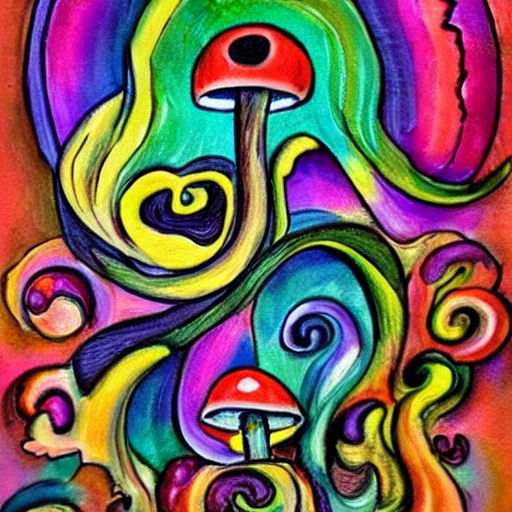
Microdosing psychedelics is capturing the attention of individuals seeking novel ways to enhance their daily lives. This practice involves ingesting minute quantities of psychedelic compounds like psilocybin (magic mushrooms), LSD, or mescaline. Although the doses are intentionally tiny to avoid pronounced psychedelic effects, they still evoke subtle shifts in mood, perception, and cognitive processes.
The surge in microdosing's popularity stems from its potential to foster mental well-being and extend longevity. Early indications point to several advantages, such as mood elevation, anxiety reduction, heightened creativity, and improved focus. Microdosing has even shown promise in promoting neurogenesis, the creation of new brain cells, which could translate into enhanced memory, learning, and overall cognitive performance.
Nevertheless, a comprehensive understanding of the benefits and risks of microdosing psychedelics for both health and longevity remains a work in progress. The need for further research to validate its effectiveness is evident. Still, the initial findings are encouraging, suggesting that microdosing could revolutionize the quest for improved health and an elongated lifespan.
One of microdosing's touted advantages lies in its potential to elevate cognitive function. Informal accounts suggest that microdosing psychedelics might sharpen focus, problem-solving capabilities, and memory retention. These cognitive enhancements hold particular significance in the context of graceful aging, where maintaining mental agility becomes paramount as the years unfold.
SOURCE

